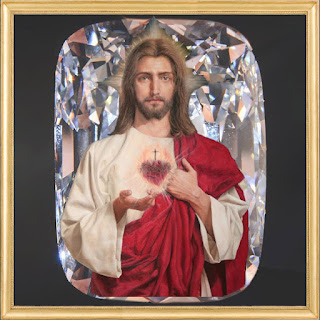Aug 1 Thu
Do I proclaim the Gospel with the testimony of my life?
The Gospel tells us about Jesus who sends His disciples on the mission "two by two", and recommends something important: to take only what is necessary with them.
Let us pause on this image: the disciples are sent together, and they must take only what is necessary.
We do not proclaim the Gospel alone, no: it is proclaimed together, as a family, and to do this it is important to know how to preserve sobriety. We must know how to be sober in the use of things, sharing resources, capacities, and gifts, and doing without the superfluous. Why? To be free. The superfluous enslaves you.
We should keep what we need to live in a dignified way, and to contribute actively to the apostolate. Then we must be sober in thoughts, and feelings, abandoning our preconceived ideas and attachments, that weigh us down and hinder the journey.
Let us think, for example, of what happens in our families. Are we happy with what is necessary, even with little, to go forward with God's help? Do we share what we have, everyone renouncing something and supporting each other? And this is already an apostolic proclamation because the beauty of Jesus' message is reflected in the reality of our life.
A family that lives in this way creates an environment rich in love, in which all become open to faith and the newness of the Gospel.
If, on the other hand, everyone goes his or her own way, if only material things count, –which are never enough– if one does not listen, if individualism and envy prevail –envy is a poison!– individualism and envy prevail, life becomes difficult, and meeting others becomes an occasion of restlessness, sadness, and discouragement, rather than an occasion of joy.
We should ask ourselves, then: Do I taste the pleasure of proclaiming the Gospel with the testimony of my life? Do I bring, where I live, the joy and light that come from living with the Lord? And to do this, do I commit myself to walking together with others, sharing ideas and skills with them, with an open mind and a generous heart? And finally: Do I know how to cultivate a sober lifestyle that is attentive to the needs of my brothers and sisters? These are questions that we must ask ourselves.
May Mary, Queen of Apostles, help us to be true missionary disciples, in communion and sobriety of life.
Some excerpts from Pope Francis. Pic: Tak Sun Secondary School 德信中學, Hong Kong.
Video:

























